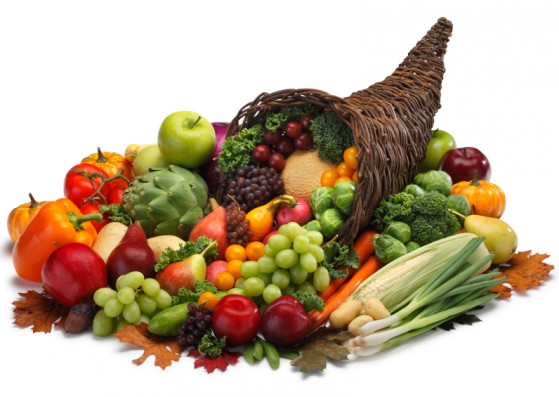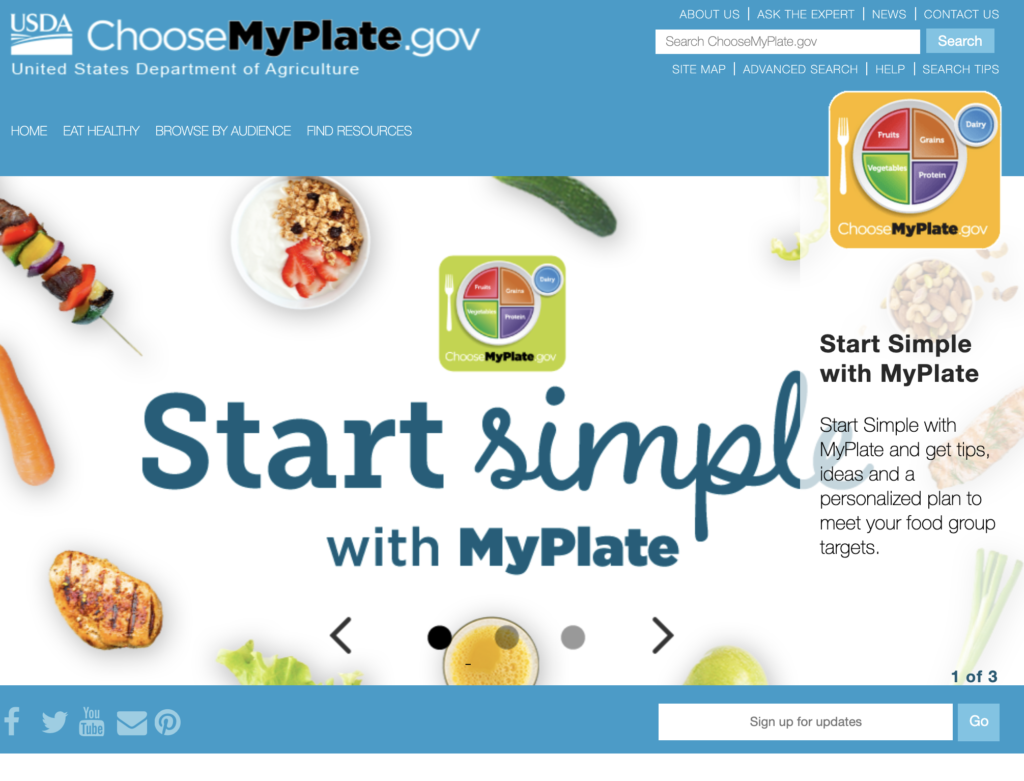
Why is it better to eat fruits and vegetables that are in season? It’s better for your health, your wallet, and the environment.
Foods that are aren’t seasonal have to be brought in from places where they are in-season. This can mean the food travels a long distance. In fact, some statistics suggest that fruits and vegetables at your local grocery store travel between 1,500 and 2,500 miles before they get to you. Shipping fruits and vegetables over long distances has a huge impact on the environment, including increasing greenhouse gas emissions, fuel usage, and atmosphere pollution.
Eating seasonally is good for your wallet too. Modern harvesting and shipping technology means we can get foods from far away places (even internationally), which adds to the price tag. Food is easier to grow in its proper season, making it more abundant and more affordable for consumers.
Finally, seasonal fruits and veggies are more nutritious and tastier than their out-of-season counterparts. As soon as a fruit or vegetable is harvested, it (in most cases) begins to slowly experience nutrition breakdown. The longer it takes to get to your table, the fewer nutrients it has. Studies have shown that some crops can have up to three times more nutrients when grown in season.
For more information on eating seasonally and a list of local seasonal foods, visit www.edibleaustin.com





About The Author: Swpedi
More posts by swpedi